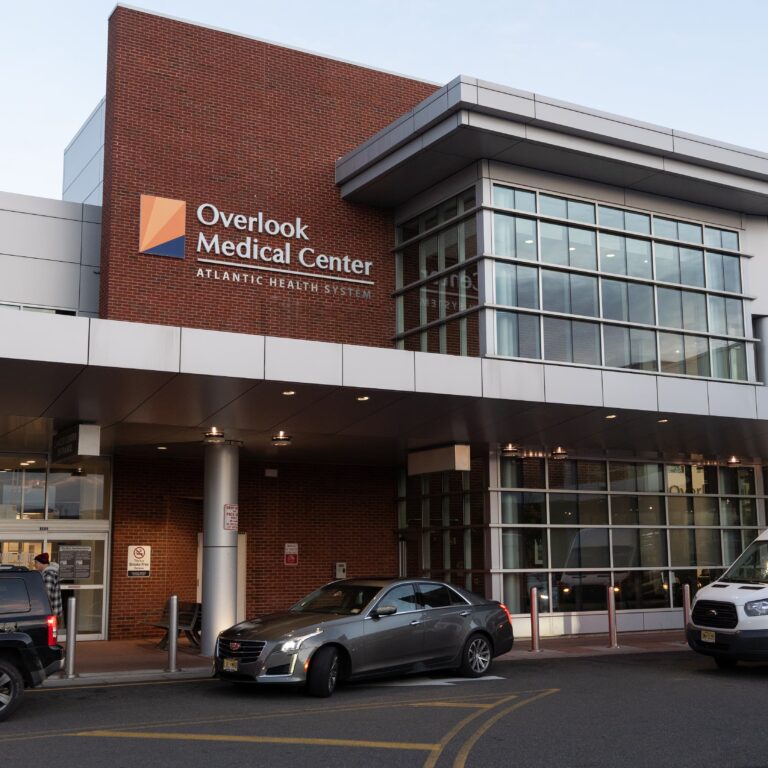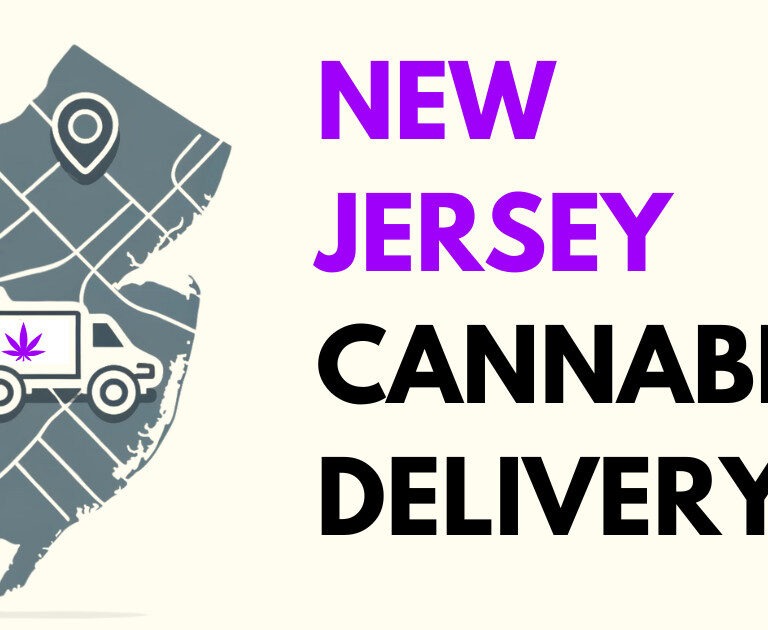There are nights when a final score doesn’t fully capture the story, and Rutgers’ battle with seventh-ranked Michigan State was one of them. In a game that swung wildly between momentum and pressure, the Scarlet Knights delivered one of their grittiest performances of the season, only to see a hard-earned lead slip away in overtime as the Spartans escaped with an 88–79 victory. The result adds another tough chapter to Rutgers’ winter, but it also revealed a team still capable of trading punches with the nation’s elite.
From the opening tip, Rutgers played with urgency. Aggressive ball pressure forced Michigan State into early mistakes, and the Scarlet Knights capitalized, converting turnovers into transition points and energy-building sequences that ignited the home crowd. By halftime, Rutgers had carved out a multi-possession advantage, holding the Spartans to one of their lowest first-half outputs of the season. It was a statement stretch that showed preparation, defensive intensity, and belief.
Offensively, Rutgers relied on a balanced attack. Tariq Francis led the scoring charge with a confident shooting display and fearless drives into traffic. Harun Zrno provided timely buckets that kept the offense flowing, Jamichael Davis delivered crucial free throws during late-game tension, and Darren Buchanan Jr. added physical presence inside. For long stretches, the Scarlet Knights dictated pace and spacing, forcing Michigan State to chase rather than command.
But championship-caliber teams rarely go quietly, and Michigan State’s response came through a second-half surge led by Jeremy Fears. His ability to break down defenders and convert at the line turned the game into a possession-by-possession grind. As Rutgers’ field goals dried up late in regulation, free throws kept the Scarlet Knights afloat, preserving a narrow advantage even as pressure mounted.
The final seconds of regulation brought both hope and heartbreak. A perfectly timed Spartan three-pointer tied the game, erasing Rutgers’ lead just before the horn. Francis’ last-second attempt to reclaim victory rimmed out, sending the contest into overtime where momentum had shifted.
Once the extra period began, Michigan State finally grabbed its first lead since the early minutes of the game. The Spartans leaned on composure, rebounding strength, and free-throw efficiency to create separation. Rutgers fought to answer, but the deficit grew just out of reach as fatigue and missed opportunities set in.
Beyond the scoreboard, the performance offered reminders of Rutgers’ resilience in a challenging Big Ten campaign. The Scarlet Knights forced one of the nation’s top programs into uncomfortable territory, disrupted rhythm, and showcased depth across multiple contributors. While the loss extends a difficult stretch in the standings, the level of competitiveness against an elite opponent reinforces that this group still carries dangerous potential as conference play continues.
For fans following the program’s season-long journey, moments like this capture both the frustration and promise of Rutgers basketball. The Scarlet Knights continue to build identity through defensive effort, physical play, and fearless shot-making under pressure. With more Big Ten tests ahead, this performance can serve as a blueprint for closing games rather than simply leading them.
Supporters looking to track more Rutgers coverage, game breakdowns, and program developments can explore ongoing Scarlet Knights features across Explore New Jersey’s Rutgers athletics section.
In the end, this overtime loss wasn’t merely a missed opportunity; it was a demonstration that Rutgers remains capable of standing toe-to-toe with college basketball’s upper tier. The next step is converting those battles into victories, but the fight, structure, and talent are already on display. The season’s story is far from finished in Piscataway.
Scarlet Knights Launch 2026 Lacrosse Campaign as Big Ten Battles Loom Large. College lacrosse has become one of the fastest-rising sports on the national stage, and nowhere is that momentum stronger than in the Big Ten Conference. As the 2026 season gets underway, Rutgers men’s lacrosse finds itself stepping into a spotlight shaped by high expectations, national rankings, and a schedule that reads like a postseason preview. The Scarlet Knights open their season on the road in Florida, but the real story stretches far beyond a single opening whistle. This is a year defined by conference prestige, emerging rivalries, and the ever-present standard set by the sport’s perennial powerhouse in College Park.
Rutgers enters the new season with legitimate credibility. A preseason national ranking places the Scarlet Knights firmly among the country’s top programs, a reflection of last year’s statement wins and a roster built for another deep run. The defense remains the foundation, anchored by a goalkeeper already drawing national attention before the season begins. That defensive identity has become Rutgers’ signature in recent years, allowing the program to challenge teams that once seemed untouchable.
The season opens against Jacksonville at a neutral-site venue in Naples, Florida, giving Rutgers a warm-weather launch before returning north for a slate of games that will test every aspect of the roster. The schedule ahead is unforgiving. Multiple matchups against other nationally ranked programs ensure that the Scarlet Knights will spend much of the spring under evaluation from pollsters, tournament committees, and lacrosse fans across the country. For New Jersey supporters, it is another sign that Rutgers lacrosse is no longer a rising story—it is an established contender.
Yet in any Big Ten lacrosse conversation, one program inevitably commands attention: the University of Maryland. For anyone familiar with the sport’s modern era, Maryland lacrosse is not just successful; it is the benchmark. The Terrapins have become a fixture in championship weekend, combining elite recruiting, tactical discipline, and a winning culture that keeps them in the national top tier year after year. Their preseason placement at the very top of national rankings is less prediction than expectation.
Maryland’s presence elevates the entire conference. Every Big Ten team builds its season with a calendar circled date against the Terps, and Rutgers is no exception. Their spring road trip to College Park is more than just another conference game; it is a measuring stick. Last season’s historic Rutgers victory over Maryland proved that the gap has narrowed, and that result still echoes through both programs. It gave Rutgers belief and gave Maryland renewed motivation, setting the stage for another chapter in a growing rivalry.
The broader Big Ten picture adds even more intrigue. Penn State, Ohio State, Johns Hopkins, and Michigan form a competitive middle tier capable of beating anyone on a given weekend. Conference standings are rarely settled until the final weeks, and postseason positioning often comes down to single-goal margins. In this environment, consistency becomes the most valuable asset, and Rutgers has spent the past few seasons building exactly that.
From a regional perspective, New Jersey’s investment in lacrosse has reached a point where local talent can watch a nationally relevant team in their own backyard. Youth participation continues to climb, high school programs are stronger than ever, and Rutgers serves as a visible destination for aspiring players across the state. The program’s rise has turned the Scarlet Knights into a recruiting magnet and a source of state pride.
As the season unfolds, fans can expect storylines that stretch beyond wins and losses. Player development, defensive chess matches, clutch-time faceoffs, and special-teams execution will all shape the Big Ten race. Every contest will feed into the narrative of whether Rutgers can push deeper into championship territory and whether Maryland’s hold on conference supremacy can be challenged once again.
For followers of collegiate athletics looking to track more local sports stories, Explore New Jersey’s sports coverage continues to spotlight the teams and athletes driving competition across the state.
When the first faceoff drops in Naples, it marks the beginning of a journey that will wind through conference showdowns, national rankings, and rivalry rematches. Rutgers is ready, the Big Ten is loaded, and Maryland remains the mountain every contender must climb. For New Jersey lacrosse fans, the 2026 season promises another thrilling chapter in a sport that continues to grow louder, faster, and more competitive with each passing year.
The Big Ten Conference is one of the premier leagues in college lacrosse, and the competition is fierce. The University of Maryland is the preseason favorite.
Big Ten Preseason Coaches’ Poll (2026)
| Rank | Team |
|---|---|
| 1. | Maryland |
| 2. | Penn State |
| 3. | Ohio State |
| 4. | Johns Hopkins |
| 5. | Michigan |
| 6. | Rutgers |























































